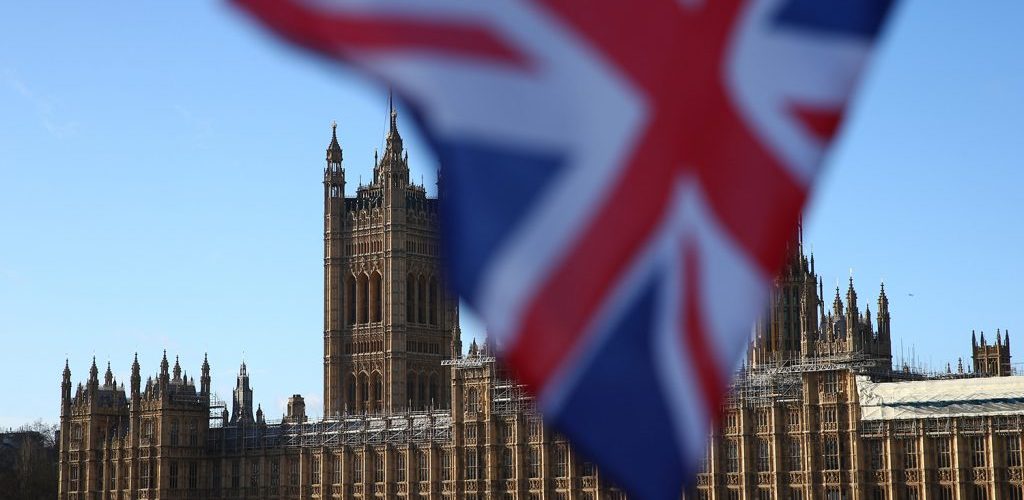According to reports, the UK government is planning to consider lowering university tuition costs from £9,250 ($12,495) to £8,500 ($11,482). How can reducing university fees, which are paid by students, be a means to reduce government expenditure.
The response is worth repeating since it addresses a persistent misunderstanding about UK’s university finance system. Most individuals believe that letting students pay for their education will save the government money.
The establishment and successive rise in fees were justified in pursuit of monetary “sustainability” and “fairness” so why would regular taxpayers incur the burden of an education from which graduates benefit the most? However, like with the politics of austerity in general, this explanation was flawed.
The prominent and seemingly advanced call to “fairness” fails, not least because indebting a generation of students has not significantly decreased the taxpayer’s cost of higher education. Even as earnings from the coalition government’s benefit cuts were offset by the money paid to private contractors to conduct the infamous “fit-to-work” evaluations, it was evident by 2014 that the regime of high university fees was likely to cost the government more than it saved, owing to the increasing and growing percentage of graduates who were unable to repay their debts.
As a result, a seemingly contradictory situation arises in which lowering student fees might be accepted as a cost-cutting measure: less money lent out and never repaid. Needless to add, the government does not intend to compensate colleges with public monies.
That justifies the Conservatives’ newfound interest in fee reductions. But it raises a larger question about austerity: why do it if it doesn’t save the government money? It’s not just ineptitude, though there’s plenty of that. It is, as has been common, ideological: a political choice entwined with a specific, neoliberal view of society and the individual.
This interpretation, however, does not contradict a more substantial one. It’s easy to believe that when governments’ ideological inclinations lead them to do things in the name of saving money that ends up costing more than they save, they’re acting irrationally or self-defeating. Tuition fees were never adopted as a stand-alone reform, but as part of a larger marketization agenda.
As with other beleaguered public services, such as healthcare, the goal of this endeavour is to increase private sector participation while pushing public entities to behave more like private enterprises. The goal of replacing central funding with student fees was to encourage universities to compete for income (undergraduates), which fees supporters claimed would “push up quality.” University life has been subjected to a never-ending student recruitment push due to the fight for fee income.
Expanding resources are being directed toward vanity construction projects and branding action plans, while support services are being reduced or subcontracted. The academic workforce is increasingly being placed on casual contracts, with departments hiring and firing based on the most recent student enrollment forecasts.
Students, who are burdened by mounds of debt, seize a sliver of consumer power as the only type available and use it against their lecturers. Stress and mental disorders are prevalent among both students and faculty. Simply lowering the level of fees will not address any of this since it will keep the fundamental system unaltered – as it is designed to do.
It will not necessarily result in any financial advantage for students, many of whom will end up paying the same amount out of a lower notional total (paying £30k of a £50k debt, for example, is the same as paying £30k ($41K) of a £45k ($61K) debt). However, it would put a strain on colleges, who will recuperate lost revenue in whatever way they can, most likely by raising already exorbitant student housing rents.


















Add comment